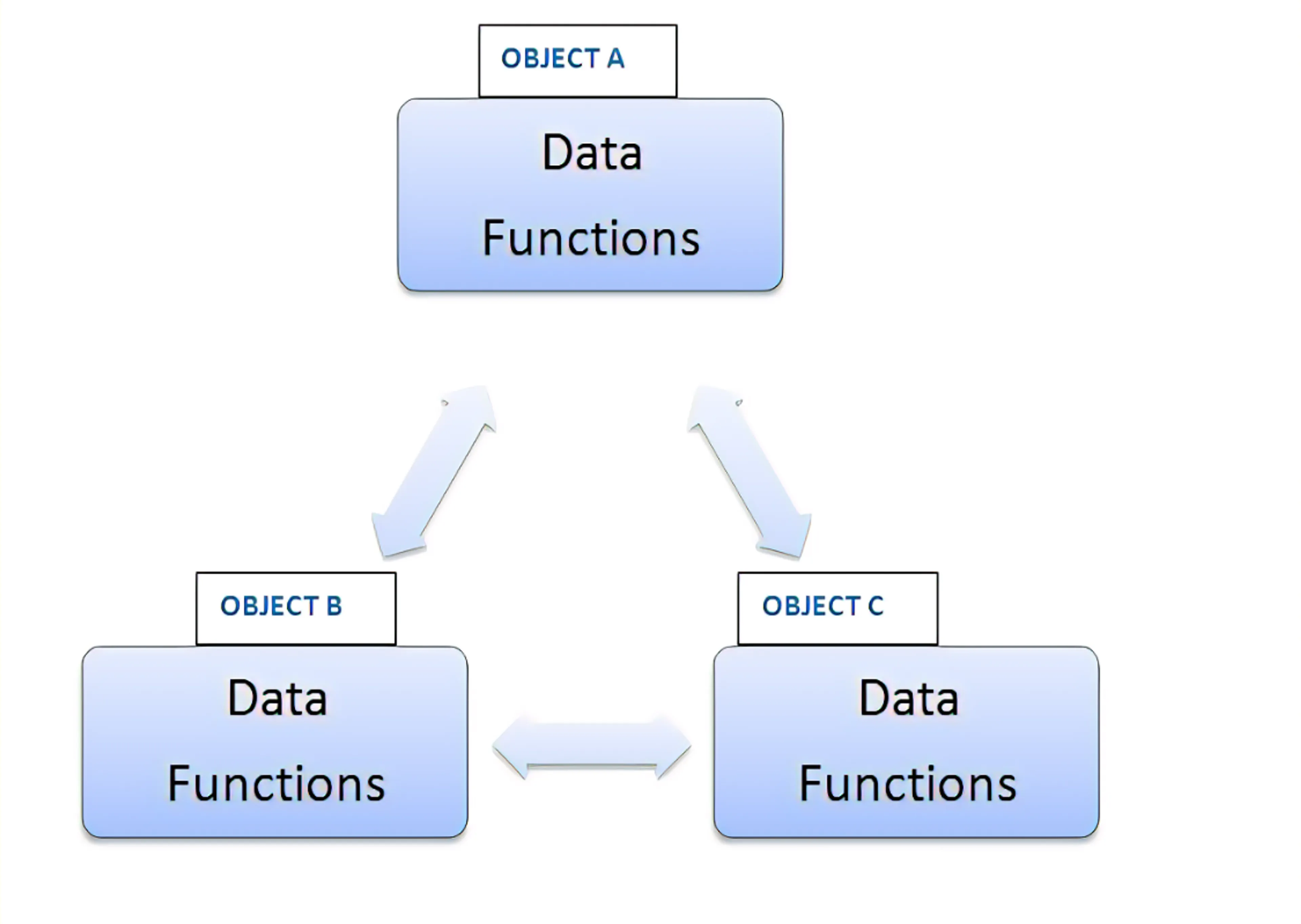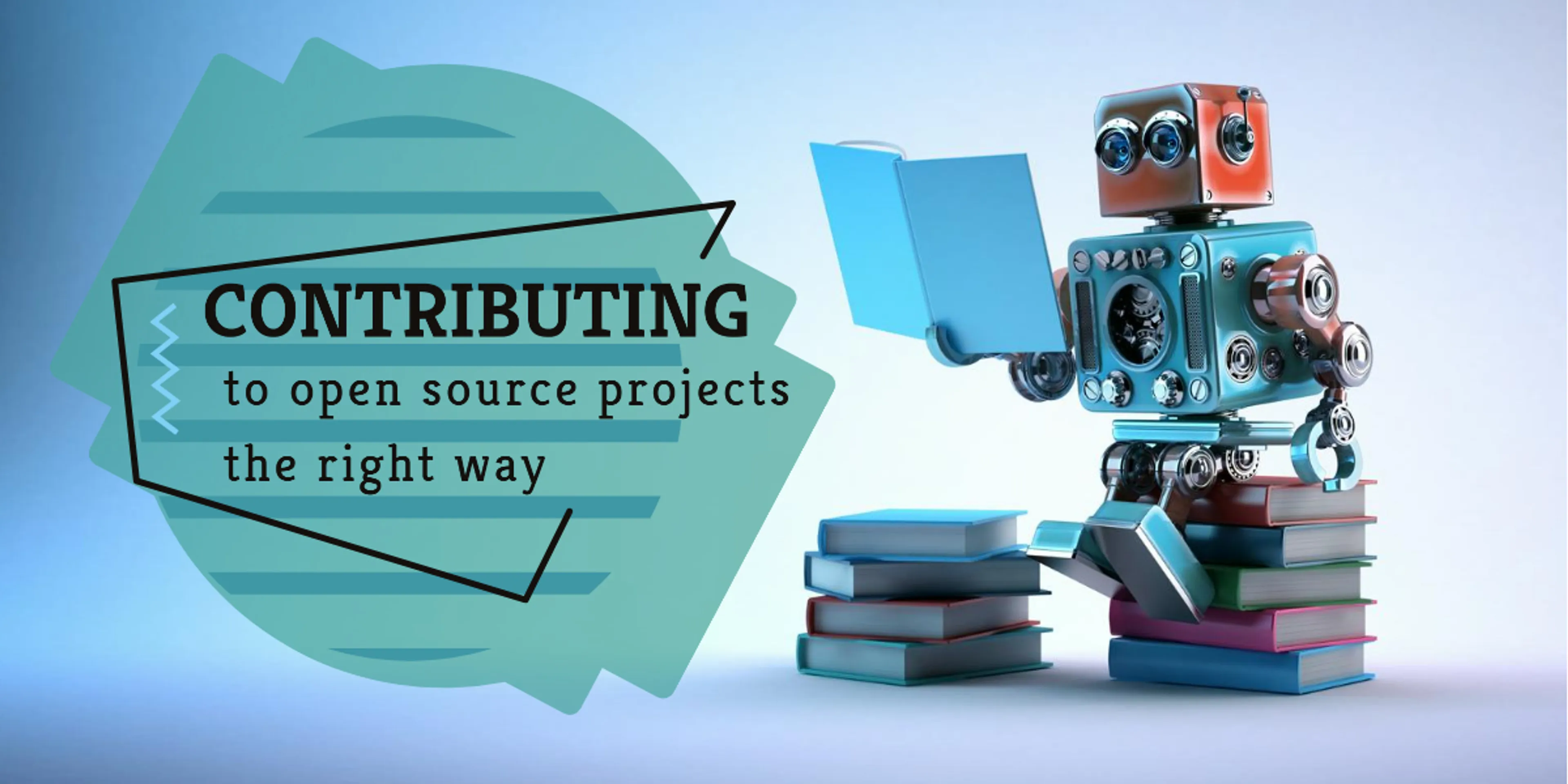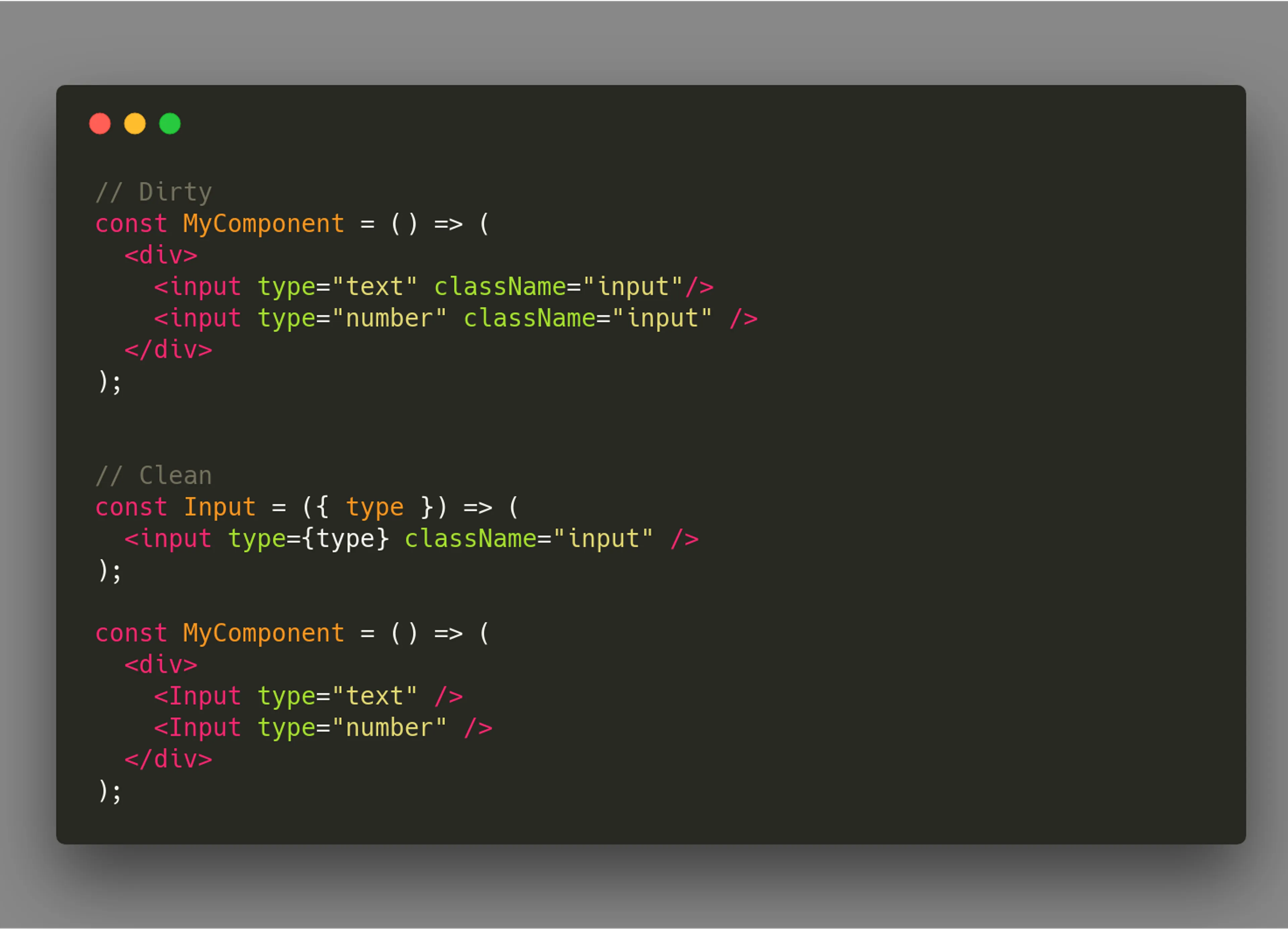
Object-Oriented Programming, commonly known as OOP, is a programming paradigm that has revolutionized the way software is designed and developed. It's a powerful approach that enables developers to model real-world entities and their interactions in a structured and efficient manner. In this exploration, we will dive into the fundamentals of Object-Oriented Programming, unraveling its key concepts, principles, and benefits.
1. The Foundation of OOP
At its core, Object-Oriented Programming is founded on the idea of "objects." An object is a self-contained unit that represents a real-world entity or concept. Objects encapsulate both data (attributes or properties) and the functions (methods) that operate on that data. Think of an object as a blueprint for creating instances of a particular entity.
2. Classes: Blueprints for Objects
In OOP, a class serves as a blueprint for creating objects. It defines the structure and behavior of objects of that class. A class can have attributes (also called fields or properties) to represent data and methods to define actions or operations that objects of the class can perform.
3. Encapsulation: Data Hiding
One of the key principles of OOP is encapsulation, which means bundling data and methods that operate on that data into a single unit (an object). Encapsulation helps protect the integrity of data by restricting direct access to it and providing controlled access through methods. This concept enhances data security and maintains a clear interface for interacting with objects.
4. Inheritance: Reuse and Extensibility
Inheritance allows you to create new classes (subclasses or derived classes) based on existing classes (superclasses or base classes). Subclasses inherit attributes and methods from their parent classes, promoting code reuse and extensibility. This hierarchical structure models "is-a" relationships, where a subclass "is a" specialization of its superclass.
5. Polymorphism: Flexibility in Action
Polymorphism is a feature that allows objects of different classes to be treated as objects of a common superclass. It enables flexibility and dynamic behavior in the execution of methods, making code more adaptable to changing requirements. Polymorphism is often achieved through method overriding and interfaces in many programming languages.
6. Abstraction: Simplifying Complexity
Abstraction is the process of simplifying complex systems by modeling essential features while hiding unnecessary details. In OOP, abstraction is achieved through classes and objects, which represent real-world entities by abstracting away irrelevant intricacies. This simplification aids in managing complexity and maintaining code readability.
7. Benefits of OOP
Object-Oriented Programming offers numerous advantages:
- Modularity: OOP promotes a modular approach to software design, making it easier to manage and maintain code.
- Reusability: The ability to reuse classes and objects reduces development time and promotes efficient code writing.
- Flexibility: OOP allows for flexibility in adapting to changing requirements and adding new features.
- Scalability: OOP supports the creation of scalable and extensible software systems.
- Readability: By modeling real-world entities, OOP code tends to be more self-explanatory and easier to understand.
8. Implementing OOP in Programming Languages
OOP concepts are implemented differently in various programming languages, such as Java, Python, C++, and JavaScript. Each language may have its own syntax and features for defining classes, objects, inheritance, and polymorphism. Understanding the specific implementation of OOP in your chosen language is crucial for effective development.
Conclusion: A Versatile Paradigm
Object-Oriented Programming is a versatile paradigm that has shaped modern software development. Its emphasis on modeling real-world entities, encapsulation, inheritance, polymorphism, and abstraction makes it a powerful tool for creating organized, maintainable, and scalable code. Whether you are a beginner or an experienced developer, mastering the basics of OOP is essential for building efficient and robust software systems.


